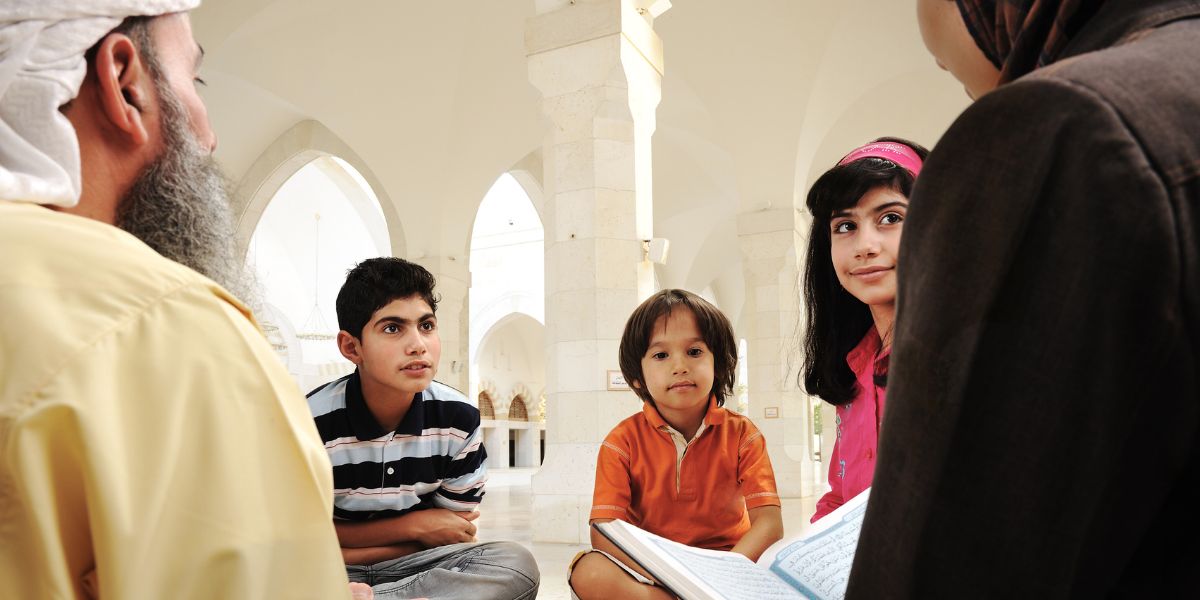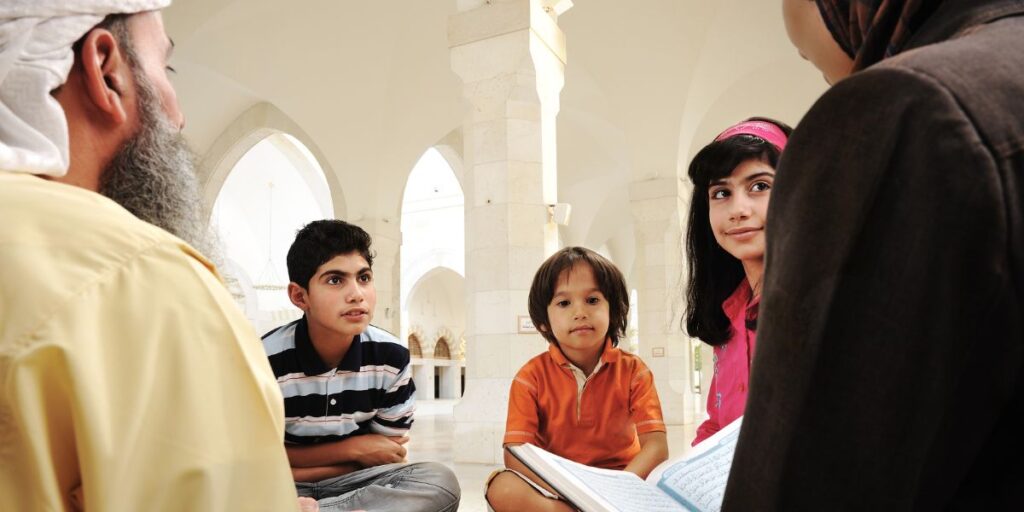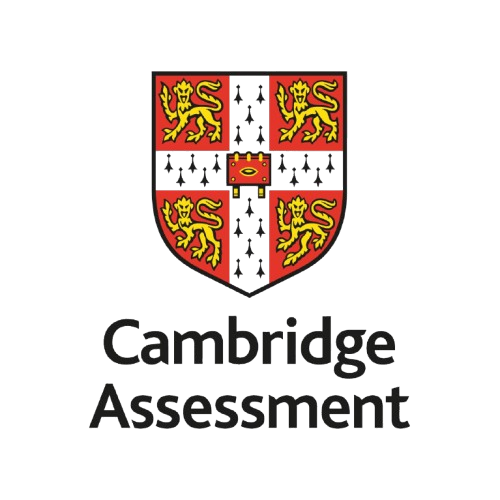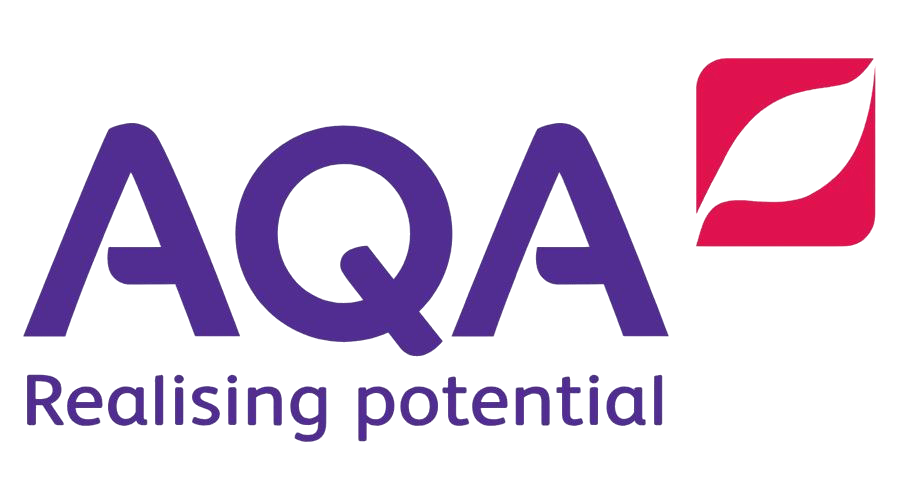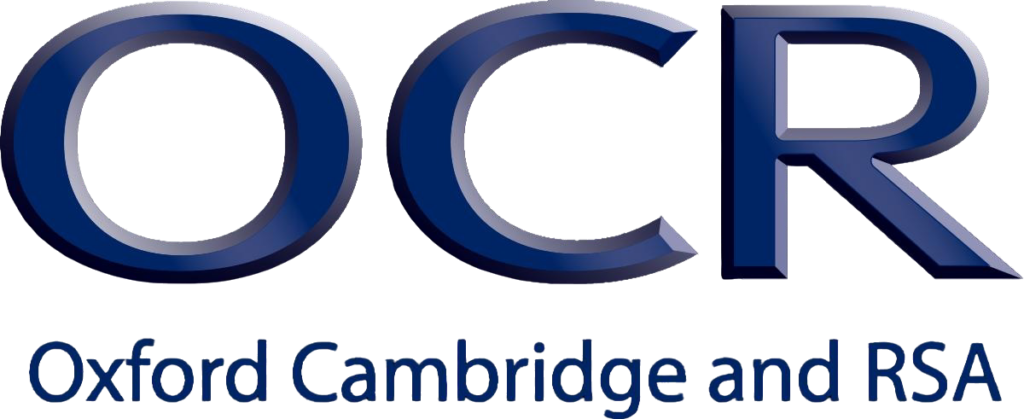A concerned mother, Sarah, is looking for the best schooling for her child. She wants a school curriculum that prepares her kid for an ever-changing world, increases necessary life skills, and covers fundamental topics. Most parents, like Sarah, like a respected and prominent school system. Known as a sign of outstanding academic performance and thorough growth, the British Curriculum is much respected worldwide.
Al-Rushd is delighted to offer the British Curriculum at a fair and low cost, hence offering good education to families worldwide due to its tremendous value. This blog is dedicated to parents and students, highlighting the distinctions, advantages, and discussing the British Curriculum structure.
What Is the British Curriculum?
The British Curriculum, or the National Curriculum for England, is a well-organized, comprehensive framework that serves as the foundation for learning in schools throughout the United Kingdom. Its influence, however, extends beyond national lines and has been recognized globally. Many schools worldwide have implemented it. The British Curriculum arose from the urgent need for a structured, quality-checked educational system in Britain.
Its central values are based on providing a well-planned and intellectually challenging learning experience, characterized by clearly defined progression paths and good evaluation ideas. The overarching goal is to give all children, regardless of circumstances, access to a rich, balanced, and entertaining education that will prepare them for future success.
Why Choose the British Curriculum?
Undoubtedly, one of the most critical choices ever made is that of a parent regarding their child’s education. A student’s academic life, personal growth, and future possibilities are all greatly influenced by the choice of a suitable curriculum. Many families all around choose the British Curriculum because it provides many appealing advantages:
1. Global recognition by universities and business organizations
Universities and companies all around honor and accept degrees earned via the British Curriculum. Its alumni are very sought after in the very competitive higher education and job markets, since the curriculum stresses high academic standards and the growth of critical thinking skills. Students are given the mental tools to thrive in many educational and professional environments by their focus on deep learning and analytical abilities.
2. Balanced emphasis on studies
Emphasizing academics, creativity, and critical thinking, the British Curriculum adopts a more integrated approach to education. While guaranteeing high academic standards, it also stresses fostering creativity, building creative problem-solving skills, and strengthening critical thinking skills. Keeping this balance provides pupils with the cognitive skills they need to face problems of the 21st century and actively help society, as well as a strong learning body. Active participation, problem-solving education, and creative and relevant learning applications are all encouraged by the curriculum.
3. Flexibility for homeschooled and overseas students
The natural and adaptable qualities of the British Curriculum make it perfect for homeschooling and international students. Its modular design and clear learning goals let students study at their own speed and based on their needs and situation, hence allowing flexibility in its application. This adaptability guarantees that, no matter where or what kind of teaching, pupils get a high-quality education. Online methods, such as those provided by Al-Rushd, provide this flexibility by letting qualified professors and scheduled learning resources be available everywhere.
4. Clear progression
The British Curriculum offers a well-defined and obvious transition route from primary to secondary school from primary to secondary school. This well-organized approach lets students build on what they have learned earlier in a disciplined and ordered way throughout several Key Stages, hence providing a smooth and logical progression.
Vertical alignment guarantees that learning moves orderly and that basic ideas are enhanced and reinforced as students go through the educational system. This simple approach gives kids of all ages and parents a clear image of the learning process and expected milestones.
5. Sound basis in English, Maths, and Sciences
Developing a good and wide awareness of English, Mathematics, and Sciences is highly valued by the British Curriculum. As these areas will be the foundation for more study and professional growth, the curriculum is meant to give students a strong basic grasp of the pertinent subjects and ideas. Core courses are the emphasis of the curriculum, which helps students acquire comprehensive knowledge and the crucial capacity to perform well in many professional environments.
6. Islamic ideals and principles in education
Al-Rushd is unusual in striking a balance between the demanding academic approach of the British Curriculum and a significant focus on Islamic values and moral precepts. This mix creates a vibrant and engaging learning space that supports students’ intellectual achievement as well as their spiritual and ethical growth.
Al-Rushd motivates students to be well-balanced people grounded in their faith, have strong moral standards, and are ready to confront the world with knowledge and integrity by including Islamic values into the curriculum. The combination offers a complete education satisfying the academic, emotional, and spiritual demands of Muslim young people.
Structure of the British Curriculum
Carefully designed and arranged into separate Key Stages, the British Curriculum levels fit certain age groups’ cognitive needs and learning requirements.
a. Key Stages
- Foundation Stage (Early Years): Usually for kids three to five, this first foundation stage emphasizes learning by play and active exploration. Core communication and language skills, physical and personal, social, and emotional development, literacy, arithmetic, world knowledge, expressive arts and design are all main concerns.
- Key Stage 1 (Age 5-7): Building on the Early Years foundation, Key Stage 1 emphasizes formal learning in basic topics including English, Maths, and Science. At this level, the curriculum emphasizes fostering a love of learning and discovery as well as early reading and numeracy skills.
- Key Stage 2 (7-11 years): Children move through british curriculum for primary schools in Key Stage 2 (7-11 years), mastering increasingly complex ideas in the basic subjects and being motivated to learn on their own. There are also more fundamental courses available, like Geography, History, and Design and Technology.
- Key Stage 3: Key Stage 3 is a transition into secondary education during which children study a wider variety of subjects and acquire more specialized knowledge and abilities. Children are supposed to perform GCSE-level academic work throughout this period.
- Key Stage 4: Usually including basic subjects like English, Math, and Science, as well as a cluster of choices depending on their own interests and goals, students in Key Stage 4 (Ages 14–16) take GCSE exams in a variety of subjects across this key stage.
- Key Stage 5 (A-levels): Students who pursue further education take A-levels in fewer courses. Direct entry to universities in the United Kingdom and most other countries calls for these exacting standards.
b. Subjects Offered
- Core: English, Mathematics, Science
- Foundation: History, Geography, ICT, Arts
- Special feature: Language and Islamic Studies at Al-Rushd
Assessment and Exams in the British Curriculum
British Curriculum assessment, which combines both formative and summative assessments, is a constant, multifaceted activity. Regular course understanding tests provide teachers and students with formative comments that help to direct learning and enhance teaching. Usually given at the end of a term or school year, summative exams offer a complete picture of the student’s general knowledge and success. Given the following Key Stages 1 and 2, Standard Assessment Tests (SATS) gauge students’ progress in relation to national expectations.
Administered at the conclusion of Key Stage 4, the General Certificate of Secondary Education (GCSES) is a superb set of tests measuring students’ knowledge and skills in many fields. Composed in Key Stage 5, Advanced Levels, or A-levels, are difficult exams for university-bound students. The grading techniques of the British Curriculum are well-known; clear degrees of success show a student’s performance.
Schools like Al-Rushd are giving students comprehensive direction and support so they are fully ready for these many tests and can perform to the best of their capacity. Included in this assistance are focused instruction, practice resources, and pragmatic exam preparation strategies.
Affordable Fee British Curriculum at Al-Rushd
Al-Rushd is founded on the fundamental idea that no amount of money should ever stop someone from getting the best education available. Consistent with this philosophy, Al-Rushd hopes to provide the aristocratic British curriculum at a reasonable price, hence enabling world-class education to be available to a larger spectrum of families.
Al-Rushd’s value-added concept is set apart by several characteristics meant to enhance the learning experience, including live interactive classes taught by seasoned teachers, the seamless inclusion of whole Islamic studies, and worldwide open access to the curriculum. Without compromising academic excellence, Al-Rushd offers students from all socioeconomic backgrounds the chance to obtain a globally famous and highly valued education at a fair price.
British Curriculum vs. Others
Its clearly defined structure, intellectual rigor, and consistent worldwide reputation set the British system apart from other well-known international programs including the American curriculum, the International Baccalaureate (IB), and most local curricula. Its main benefits are its clearly defined development routes, strong focus on fundamental topics, and natural adaptability to different learning environments.
The British curriculum is especially well-suited for overseas students looking for globally acknowledged credentials and religious students who want a learning environment that may readily be linked with their spiritual and cultural values. Its well-rounded academic courses and whole growth make it a clear option for families wanting a thorough and world-class education system for their children.
FAQs
Q: Is the British Curriculum suitable for Muslim families?
Ans: Certainly, yeah. The British curriculum offers a solid and academically demanding basis that can be readily augmented with Islamic beliefs and teachings. Institutions like Al-Rushd have shown how Islamic knowledge can be included in the curriculum to give Muslim children a balanced and inclusive learning environment.
This general approach guarantees that students satisfy global academic criteria and get a high-quality education that fosters spiritual and moral development while fostering a strong feeling of identity and belonging. Like Islamic philosophy, which holds that students should seek knowledge via reflection and principles, the curriculum stresses critical thinking and ethical reasoning.
Q: Are students able to switch to the British Curriculum halfway through?
Ans: Students could change to the British curriculum several times throughout their schooling. A smooth and trouble-free transfer, though, calls on a correct assessment of the student’s present level of study and prior knowledge. Schools such as Al-Rushd have the knowledge to help pupils negotiate this path.
They identify possible learning gaps and offer focused intervention and resources to enable their integration into the British curriculum framework. This could involve customized learning strategies and extra subject-specific support to allow the student to feel competent and secure in using the new curriculum.
Q: How do online British curriculum schools administer tests?
Ans: British curriculum online schools deliver tests and assessments in several safe and dependable remote ways. Proctored online testing, which uses webcam monitoring to guarantee the integrity of the testing process, is one possibility. Exam papers are sent, and student answers are gathered using safe digital technology.
Sometimes, online schools make deals with local testing sites to let students physically attend exams in safe locations. These near accords confirm the honesty and reliability of British curriculum accolades given through e-learning.
Q: How does IGCSE differ from GCSE?
Ans: Though both the General Certificate of Secondary Education (GCSE) and the International General Certificate of Secondary Education (IGCSE)1 are tests usually run after Key Stage 4 (around age 16), there are many notable distinctions. While GCSES are meant for students in the United Kingdom, IGCSES are primarily for international students.
IGCSEs cover a wider spectrum of topics since their materials and tests have a greater global emphasis. Conversely, universities and companies all around the world view both IGCSEs and GCSEs as well-respected and generally accepted credentials showing a high degree of knowledge and experience in several academic disciplines.
Q: How does the British Curriculum prepare students for university?
Ans: Carefully designed, the British A-level syllabus (Key Stage 5) provides students with the academic competence, critical thinking and problem-solving skills, and self-directed study tools needed to succeed at university level. Studying A-level courses increases subject knowledge in particular fields, strengthens the capacity to assess and solve problems, and promotes independent research and study skills. From universities all over the world, A-levels’ academic standards and rigour are acknowledged as the finest indicator of a student’s preparedness for the difficulties of undergraduate study. The focus of the curriculum on cultivating appropriate communication and essay writing abilities equips students for the intellectual demands of university life.
Final Thoughts
At last, the British curriculum offers a great example of consistent worldwide application, methodical research, and individualized education. Its unrelenting dedication to developing competence in fundamental fields, fostering higher-order thinking skills, and promoting balanced growth makes it an especially interesting academic experience for both parents and childrens.









